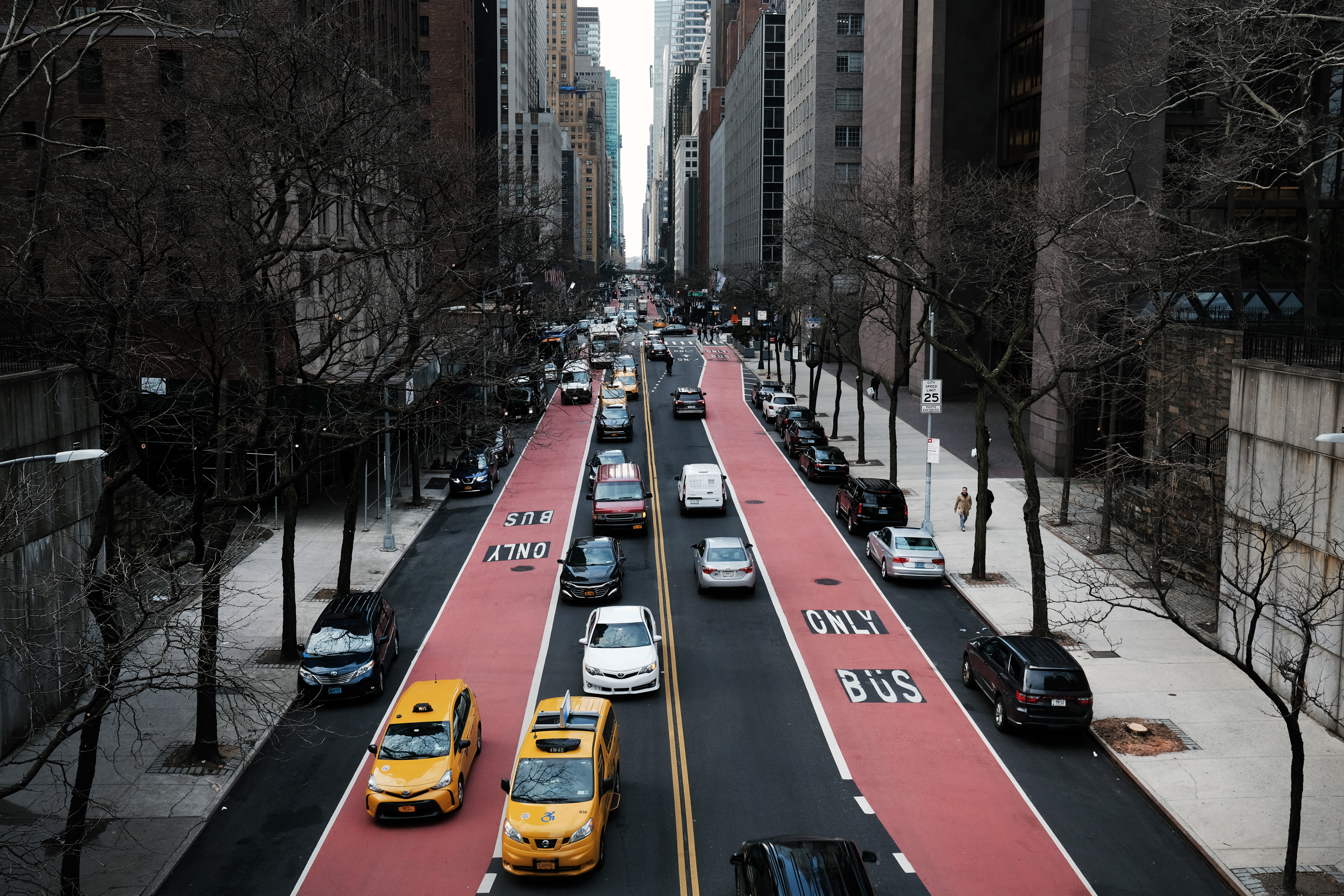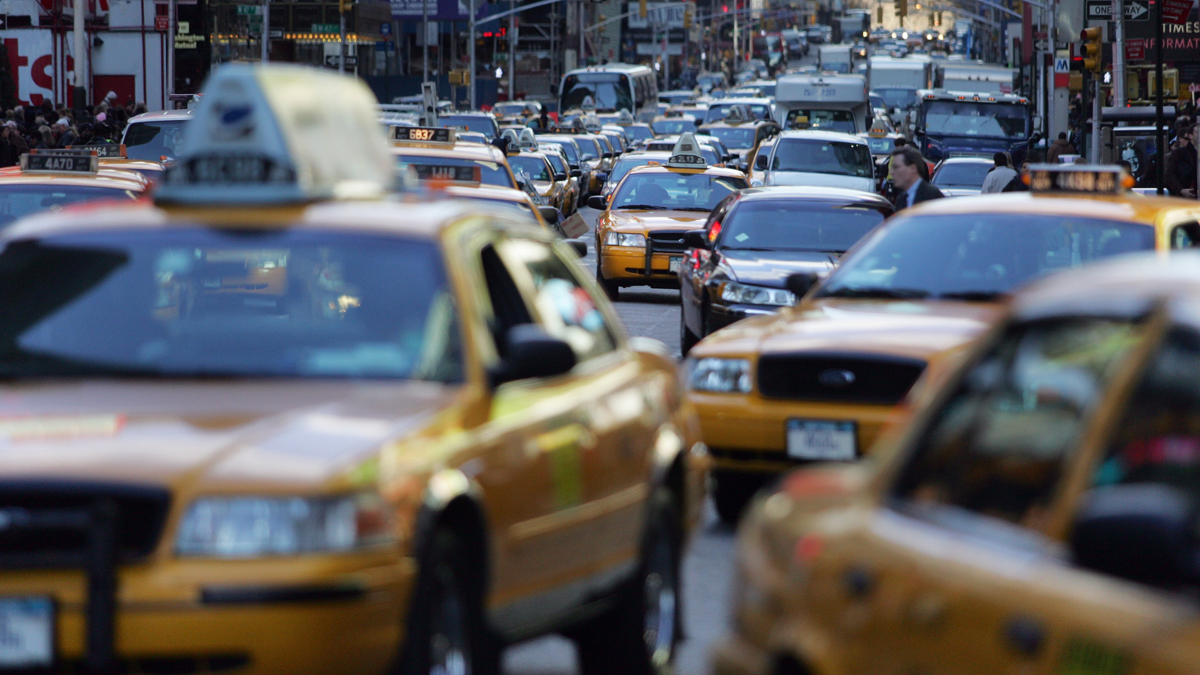For a schedule of public hearings on the congestion pricing plan, click here.
New York is inching toward becoming the first U.S. city to charge motorists an extra fee for entering its most congested areas.
The MTA said Wednesday a long-delayed environmental assessment should be released by federal regulators next month, to be followed by public hearings. The MTA also named the members of a board that will decide the plan’s pricing, discounts and exemptions.
The practice is commonly referred to as congestion pricing and has been used in cities including London, Singapore and Stockholm. In New York, motorists entering Manhattan below 60th Street would be charged a toll electronically.
Get Tri-state area news delivered to your inbox.> Sign up for NBC New York's News Headlines newsletter.
The revenue, estimated at $1 billion annually, would be used to back borrowing for capital improvements to the MTA’s subway and bus systems.
While ridership on New York's subways has been slow to rebound slowly from the COVID-19 pandemic, and currently hovers around just 60 percent of pre-pandemic levels, vehicle traffic at bridges and tunnels began to return to normal levels last year.
The tolls aren’t expected to be implemented until late next year at the earliest. New York’s Legislature approved a conceptual plan for congestion pricing in 2019 and it was initially projected to be in place in 2021. But the pandemic and a lack of guidance from federal regulators on the type of environmental review that was required combined to stall the project. That guidance was provided last year.
While many riders are skeptical the money will pay for actual improvements for subways and buses, some drivers say it may be time to make money out of the mess that is New York City traffic.
"It’s business, it’s what you have to do. You wanna stop congestion, pay the $16," said delivery driver Tony Claudio.
It is not yet known how much the congestion pricing toll will be, whether it will be $16 or even more. Five people on Wednesday were named to the traffic mobility review board, which is tasked with deciding how much the toll will be — and how many New Yorkers are exempt.
Kathy Wylde, of the Partnership for New York, was named a member of the board, and said that determining exemptions could potentially be a major sticking point, as New Yorkers and New Jerseyans battle for a free ride.
“Carve outs are an invitation to cheating. If you have too many exemptions, it’s an invitation to gaming the system," Wylde said.
The plan is expected to get U.S. Department of Transportation approval by Aug. 10. Then, the MTA will hold a series of hearings at the end of next month to collect feedback. After that, the Federal Highway Administration must issue a final approval to the environmental plan before the project can go forward.
At least one MTA board member is planning to oppose the congestion pricing plan, saying the economy is too uncertain at this time.
"They gotta find a better way," said MTA Board Member David Mack.
Some lawmakers in New Jersey have said the plan is unfair because motorists already pay tolls at bridges and tunnels to enter New York, and the money from congestion pricing won't be used to improve public transit in New Jersey. Some motorists paying tolls to enter Manhattan from New Jersey are expected to receive discounts or be exempt.



